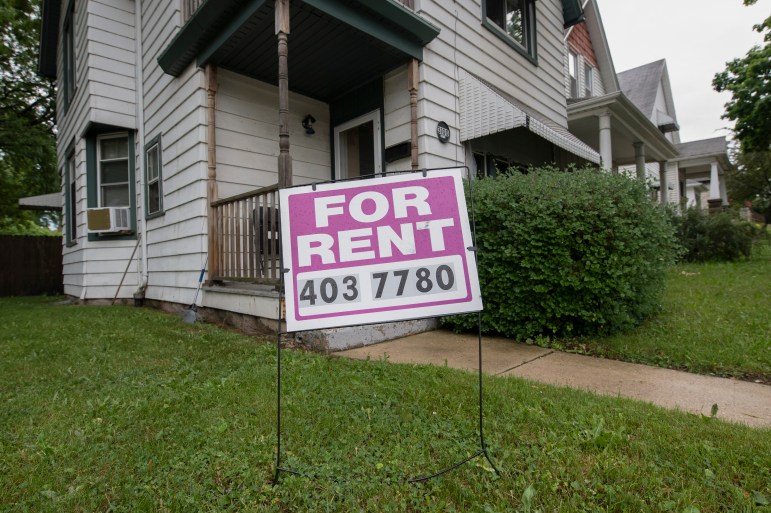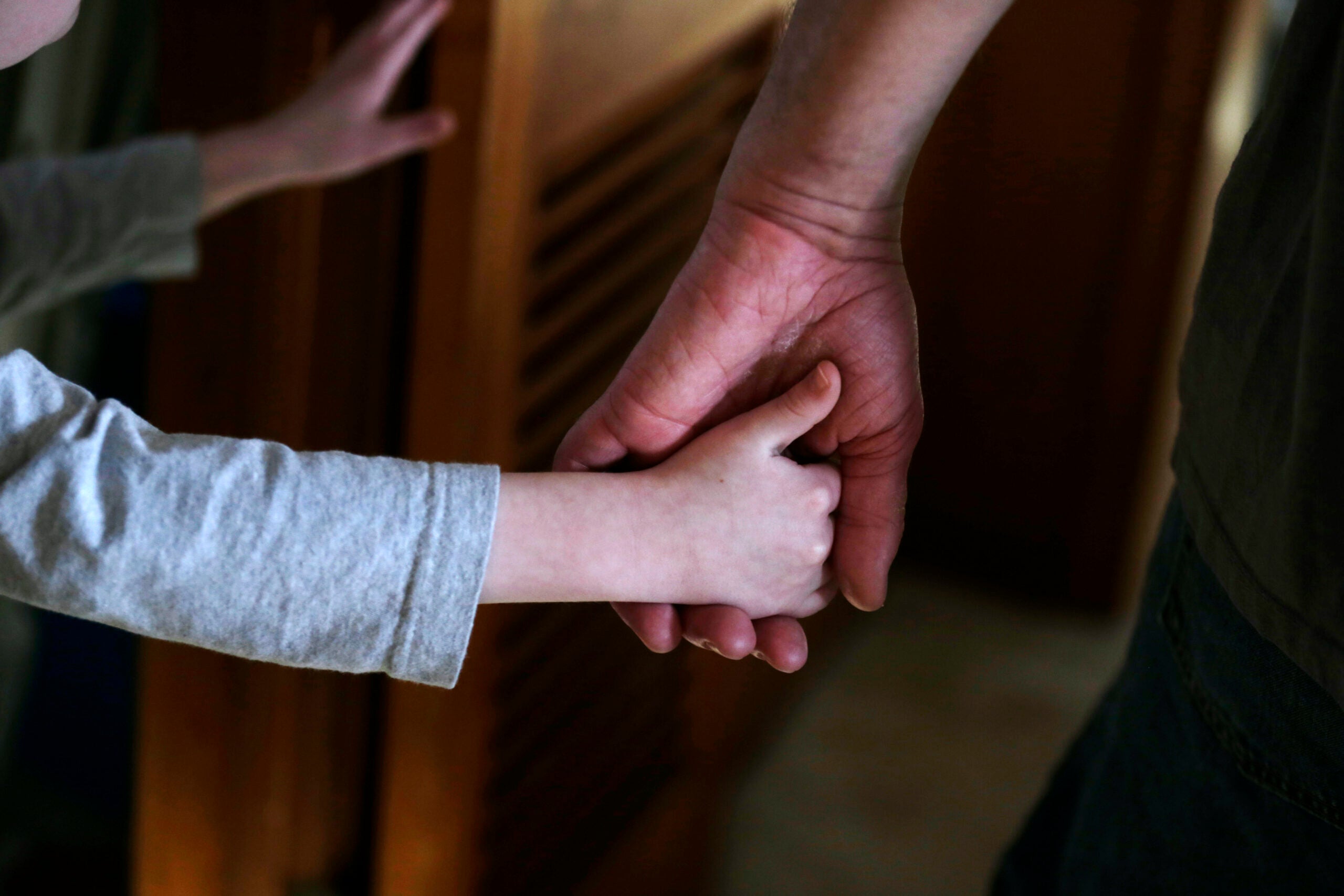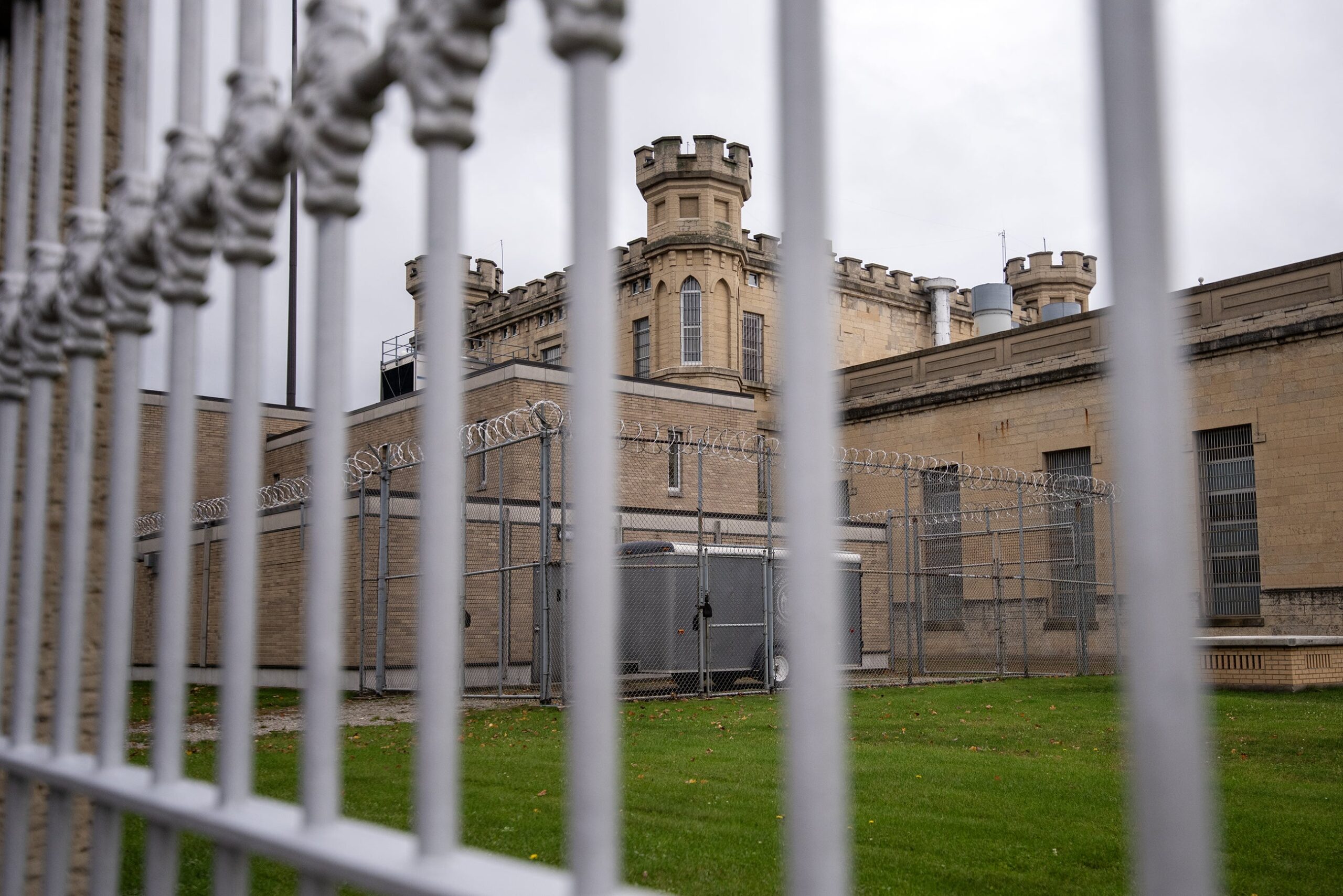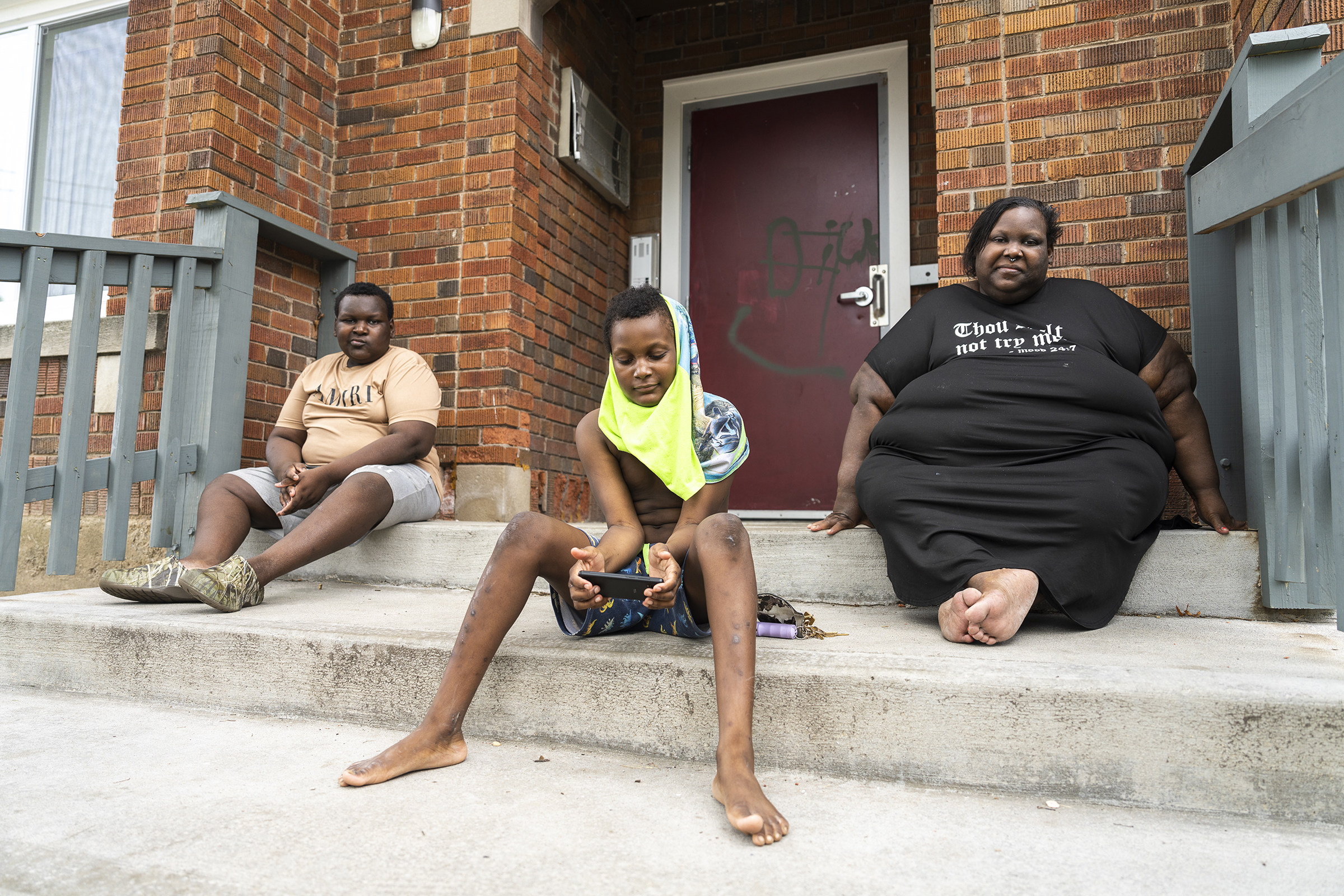Leaders at Wisconsin’s poverty action network say renters are still struggling to get by almost two years into the pandemic. That could be adding strain to relationships with landlords in the state.
The state Department of Agriculture, Trade and Consumer Protection received 1,678 complaints related to landlord-tenant disputes in 2021, making it the second-highest complaint category for the year behind telemarketing. That’s about 34 percent higher than the number of tenant complaints in 2020 and almost 49 percent higher than in 2019.
Lara Sutherlin, administrator of DATCP’s Division of Trade and Consumer Protection, said tenant complaints are common for the agency and have often been the second-most common complaint. She said most involve problems with the return of rental deposits, unauthorized entry by landlords, damage to a property and evictions.
News with a little more humanity
WPR’s “Wisconsin Today” newsletter keeps you connected to the state you love without feeling overwhelmed. No paywall. No agenda. No corporate filter.
In the first half of 2021, Sutherlin said they received some complaints related to landlords entering rental properties without taking proper precautions, which was a requirement of some public health orders. She says the agency also answered questions and provided resources to both renters and property owners about eviction moratoriums. Sutherlin said DATCP wasn’t charged with enforcing the moratoriums, but they received plenty of questions from renters and property owners. DATCP’s webpage on pandemic-related Frequently Asked Questions received over 65,000 visits last year.
“Every complaint we get, we look into,” Sutherlin said. “Simply because it was a complaint related to the eviction moratorium doesn’t mean we wouldn’t have had jurisdiction in another manner, because if there was a violation of one of our regulations that sort of was an overlay for that or if there was any misrepresentation.”
She said the agency reaches out to landlords who are reported by tenants to try to resolve issues without punitive measures. But if mediation between the parties doesn’t work and officials believe a violation of law is occurring, the department’s investigative unit takes over a case and refers cases to the state Department of Justice.
Andy Heidt is housing program manager at Wisconsin Community Action Program Association, or WISCAP, a statewide network of poverty action agencies. He said tenant-landlord relationships vary widely and property owners’ reactions to the pandemic-related issues have been just as varied, with some ending leases as soon as renters paid back rent while others have helped advocate for vulnerable tenants.
But Heidt said there is no question that renters are still struggling. He pointed to demand for the Wisconsin Emergency Rental Assistance, which was created in February 2021.
“In some ways, the demand is as high as ever,” he said. “The federal guidance (for the Wisconsin Emergency Rental Assistance program) only provided 18 months of rent assistance and we are now in month 23 of the pandemic. It’s been a long haul and we haven’t come out of it. So people that were rent-burdened are still rent-burdened.”
Heidt said the issue has been exacerbated in part by rental rates increasing significantly across the state, in some cases rising more than 10 percent in some communities.
As of Feb. 2, WISCAP has distributed more than $109 million dollars in emergency rent assistance to 28,146 households across 68 counties in the state. Milwaukee, Dane, Waukesha and Brown counties are operating their own rental assistance programs, but Heidt estimates they’ve distributed another $92 million.
Heidt said the landlord-tenant relationship can naturally be adversarial because of the unequal power dynamic.
“If the furnace isn’t working and I’m complaining about a lack of heat, and the landlord’s mad because of a lack of a full-length payment, now we have two things to fight about. And that just exacerbates the tensions,” he said.
Tim Ballering from the Apartment Association of Southeastern Wisconsin said waiting for overdue payment from tenants or state assistance payments can put stress on landlords too.
He said many property owners have been patient with renters because of the economic stress caused by the pandemic, especially for service industry jobs that saw significant declines in 2020.
But Ballering said it can take three to four months from when a tenant applies for rent assistance before a landlord receives a check.
“There are some situations where the renters have said that they’ve applied and were eligible for funding, when in fact they were not. I’ve spoken to a number of owners that waited and waited for the money to come and never came. So that puts a strain obviously,” he said. “A lot of smaller owners were in a lot of financial trouble. I know owners that are members of our apartment association that just sold out because they couldn’t hold on anymore.”
With high property values, Ballering said some owners also found it was more profitable to sell a single-family home or duplex to a new owner-occupant rather than continue renting it.
Ballering said one new trend that’s happened in the last year is more landlords looking to try working with a non-profit mediation group like Mediate Wisconsin before moving to file eviction.
“Often the mediators can find resources to help get people on track or work out a payment plan that will work for them. We find that mediation is so much more successful for us, with a greater number of renters that are able to stay in their unit after falling behind,” Ballering said.
He said the apartment association has been working to educate property owners about the availability of these services.
Wisconsin Public Radio, © Copyright 2026, Board of Regents of the University of Wisconsin System and Wisconsin Educational Communications Board.




